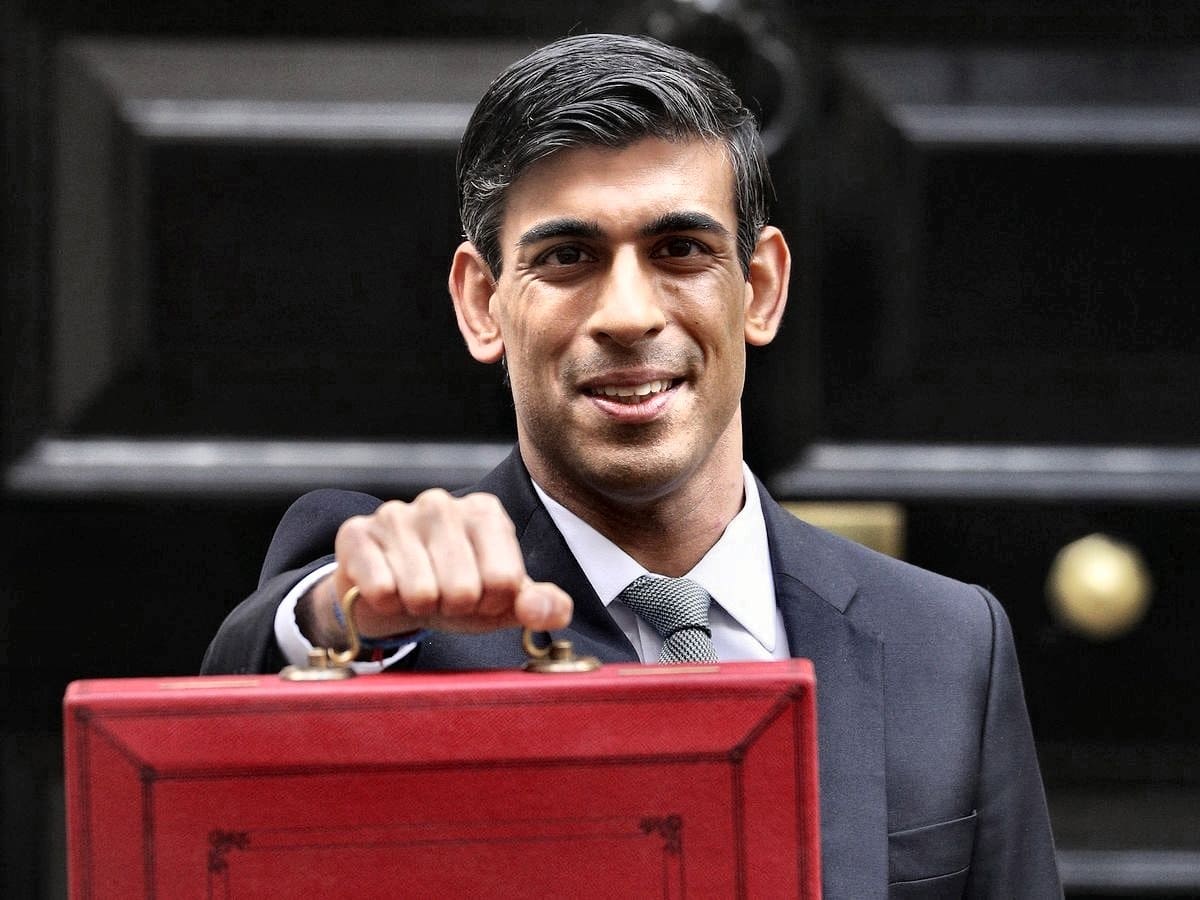Fuel duty cut welcomed, but industry fears benefit will be lost amid spiralling fuel costs

The automotive industry has welcomed Rishi Sunak’s decision to cut fuel duty by 5p, but the Chancellor’s Spring Statement has received a lukewarm response, with any savings on offer greatly outweighed by spiralling fuel and energy costs.
A cut of 5p per litre in fuel duty means it is around £3.30 cheaper to fill up a typical petrol or diesel vehicle with a 55-litre tank. But with fuel costing around 40% more than it did last year, the saving does not outweigh the rise in costs.
The AA called on the fuel retailers to do more. Welcoming the cut in duty, AA president Edmund King said: “We are concerned that the benefit will be lost unless retailers pass it on and reflect a fair price at the pumps. Average pump prices yesterday hit new records – despite the fall in wholesale costs.
“The Chancellor has ridden to the rescue of UK families and businesses who use their vehicles, not for pleasure, but to function in their daily lives.”
King said fuel prices had surged by more than 20p a litre this year from an average of 148p a litre last November to 167p now. “AA research showed that even in November, 43% of drivers were cutting back on car use, other spending to compensate or both.”
He continued: “On top of the duty cut, there has been a substantial reduction in wholesale road fuel costs feeding through to the forecourts since March 9. That needs to drive lower pump prices also. The road fuel trade shouldn’t leave the Treasury to do the heavy lifting when cutting motoring costs.”
Howard Cox, founder of the FairFuelUK campaign, said the fuel duty cut was “way overdue”. He added: “It will only benefit drivers and the economy if the new fuel taxation level becomes permanent and is accompanied by the introduction of an independent pump pricing watchdog.”
Other aspects of Sunak’s ‘mini-budget’ have been given a less generous welcome. Home delivery expert ParcelHero said many measures within the Spring Statement could be too little, too late.
Head of consumer research David Jinks said: “Cutting the basic rate of income tax from 20p to 19p in the pound at some point before the end of this parliament in 2024, seems a long way off right now.”
This would be cancelled out by rises in National Insurance Contributions, Jinks added. “Most employers and employees will still each have to pay an extra 1.25% in tax. Businesses fear the increased National Insurance Contribution could stifle future job opportunities and create more unemployment.”
A rise in National Insurance starting thresholds to £12,570 from July will benefit lower earners, “but will do little to help the overall situation”, Jinks added.


